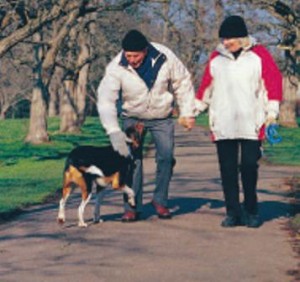 So you want to enjoy a long and successful recovery? You’ve made the decision to get clean and sober. You’ve gone through detox and entered a treatment program. Now you should be ready to begin a long and successful recovery, right? The hard part is over, right? Statistics show this isn’t always the case. So what are some of the things that you should be aware of while in recovery to help make it long and successful?
So you want to enjoy a long and successful recovery? You’ve made the decision to get clean and sober. You’ve gone through detox and entered a treatment program. Now you should be ready to begin a long and successful recovery, right? The hard part is over, right? Statistics show this isn’t always the case. So what are some of the things that you should be aware of while in recovery to help make it long and successful?
One of the most important things that ExecuCare stresses is undergoing nutritionally assisted detox for neurotransmitter restoration to bring balance back to the brain and address the physical component of addiction. This is a great first step in recovery because it cognitively prepares an individual. It enables the clarity of mind to make the necessary changes for a successful recovery, whether it be psychological, behavioral, social, spiritual, legal, etc.
According to Dr. David Sack, there are some signs that danger may be up ahead when it comes to recovery and risking relapse: Read more →







